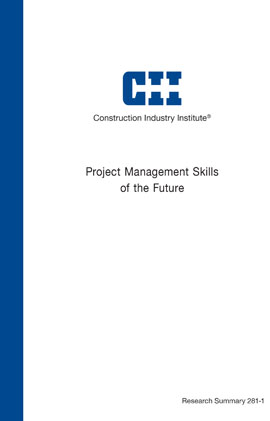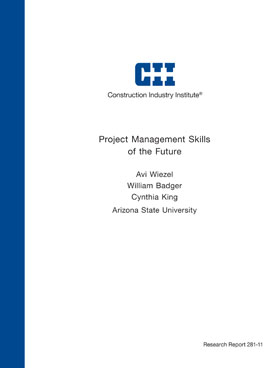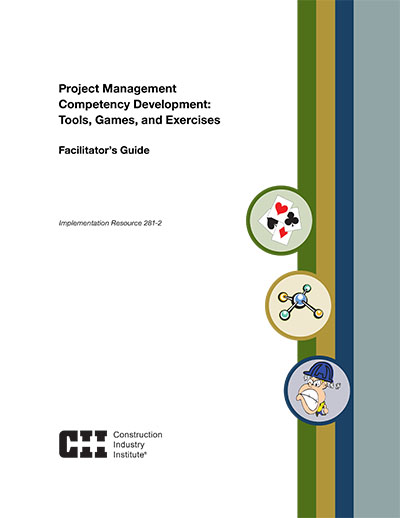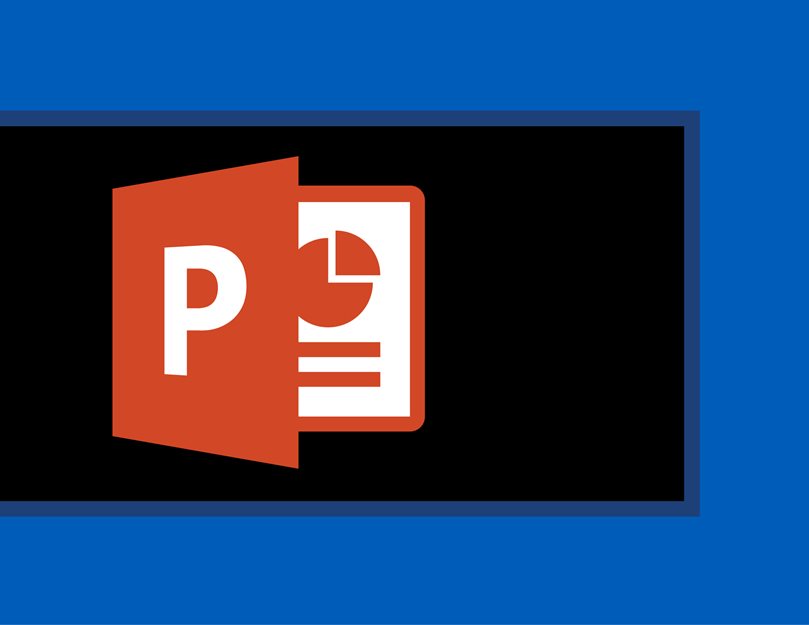
Project Management Skills of the Future
CII Research Team (RT) 281 found that the duties and responsibilities of construction project managers (PMs) are currently undergoing a significant shift. The team’s research effort involved the collection of data from more than 300 project managers, many industry professionals, and a number of industry thought leaders and academic experts. Industry predictions identify four drivers that will require PMs to have different competencies than they now need to adequately address stakeholder and project team member needs: 1) the evolution of technology, 2) greater access to information, 3) rapidly evolving workforce demographics, and 4) changing organizational structures.
Sometimes called “disruptive forces,” these drivers will dramatically change the way the industry approaches projects, forms project teams, and manages the flow of project information—in effect, breaking up the old ways of getting work done. While the term “disruptive” can have negative connotations, it also has positive elements: by being aware of the coming changes, the industry can adopt newer ways of working. In reality, these forces apply not only to the project management profession, but to business and commerce worldwide. However, as this study shows, how they influence the project manager of the future is largely within the industry’s control, if the necessary skills and competencies are taught and mastered in the coming years.
The study found that, while the future may demand new skills, it will not change the fundamental attributes associated with project managers today; integrity, accountability, initiative, decisiveness, among other traits, will remain vital to the character of industrial project managers. What is changing is less revolutionary than it is evolutionary—for both the construction industry and the project manager. In the next ten years, the industry should expect the project manager role to require greater competence in communications, relationship building, complex decision making, business insight, risk management, diverse thinking, engagement with others, and coaching and mentoring.
It is not so much that these are new competencies; many have a familiar ring to them. The difference is the depth of competence needed to use them in project execution. For example, project managers have always had to be good at building relationships—with clients, coworkers, team members. And this will not change in the next ten years. However, the way they are built is shifting. Project managers in 2022 will build knowledge networks. The networks will be global, both inside and outside the project, and they will be virtual—meaning that people will not necessarily work out of the same office or at the same project location.
Even the faces of project managers are changing. Members of the younger generation will assume leadership roles as more seasoned project managers retire. Generation Y—the cohort of people now in their twenties—is the largest growing segment of the workforce. Preparing these young people for these roles is a crucial part of managing the future of project management.
This research summary describes the competencies needed to successfully deliver the project of 2022. The story it tells is at once sobering and promising. But leaning squarely into the challenge and taking action remains at the heart of project management, now and in the future.
Following are the four primary drivers or “disruptive forces.” Industry predictions indicate that these four drivers that will require PMs to have different competencies than they now need to adequately address stakeholder and project team member needs.
- Workforce Demographics – evolving workforce demographics, diversity, and reliance on nontraditional resources
- Globalization – projects are global, network is global, and the project team will be virtual
- Technology – pace of change, greater access to information
- New and Changing Organizations – globally dispersed project execution, stakeholders with competing agendas
The trends and 21 specific PM challenges associated with each driver are shown in the graphic below. (RS281-1, p. 15, and Table 1, p. 16)
Leadership competencies for today’s PMs rose to the top of the rankings for future competencies—above technical and management competencies. For example, current PMs recognize the need to delegate and empower others, rather than being detail-oriented themselves. They believe that delegation of duties and empowerment will be more important in the future. (RS281-1, p. 23)
Furthermore, mentoring is valued for the future success of the company and industry; however, to the current PMs, mentoring does not have an immediate impact on project success or their careers. These mixed feelings about mentoring may be a challenge to educating future PMs, since mentoring is considered one of the primary means of educating future leaders.
A review of the PM game actions revealed a number of hidden wisdoms expected to affect future PMs, competencies, and leadership styles: (RS281-1, p. 23)
- The top leadership and management actions for PMs on projects of all sizes can be grouped as follows: assess and plan, engage others, and implement with a structure that encourages full participation.
- The number one action selected by PMs is “review scope, identify all the work required to complete the project successfully, and implement it above all other actions.”
- For the ideal or good project situation, PMs recognize that bonus programs are not needed to incentivize making schedule and providing good leadership motivates others.
- When the project is under stress, today’s PMs focus their efforts more on management processes and procedures than on leadership actions.



